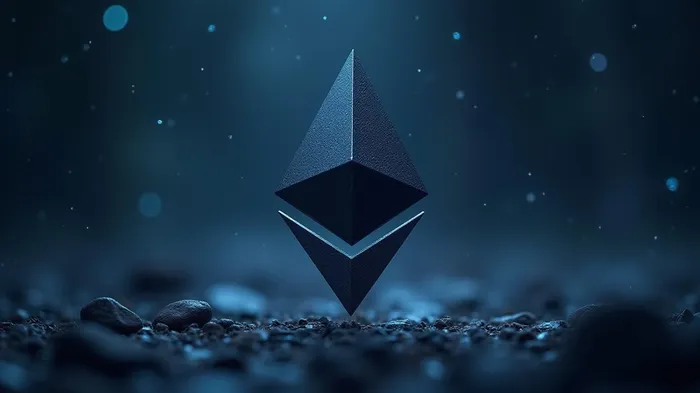Ethereum's Fusaka Hard Fork to Introduce Controversial EOF Upgrade in 2025
Ethereum's upcoming Fusaka hard fork, scheduled for the third or fourth quarter of 2025, has been confirmed by the Ethereum Foundation's co-executive director, Tomasz Kajetan Stańczak. The specific rollout date remains undetermined, but the team is targeting late 2025 for the implementation. This hard fork is set to introduce the controversial EVM Object Format (EOF) upgrade, which has sparked extensive debate within the developer community.
The EOF upgrade proposes a significant shift in the Ethereum Virtual Machine (EVM), which powers all Ethereum smart contracts. The new format aims to introduce a versioned, structured container format for smart contract bytecode. This change includes a header with a 0xEF00 hexadecimal value and a version number, a section table with metadata, and code and optional data segmented sections. The goal is to make the system more efficient, impose code and data separation, and support future upgrades more effectively.
The EOF upgrade contains 12 Ethereum Improvement Proposals (EIPs) and is expected to bring benefits such as easier contract upgrades, improved security, and a more organized system. However, not all developers are in favor of this change. Pascal Caversaccio, a developer, warned that EOF complicates the EVM by introducing new semantics, altering most opcodes, and necessitating substantial tooling changes. He argued that the same goals could be achieved with smaller, less invasive upgrades without overhauling the base of the EVM. Additionally, maintaining the legacy EVM along with the new EOF framework could pose long-term support challenges.
Community sentiment towards EOF is varied but generally conservative. A poll on the Ethereum governance platform showed that a significant number of voters oppose the EOF upgrade, while a smaller group supports it. Some developers have expressed concerns about the prudence of undertaking significant changes to the EVM, emphasizing the importance of a stable EVM for developing strong tooling and applications.
With the Fusaka hard fork approaching, Ethereum is engaged in one of its most impactful debates regarding protocol evolution and future stability. The community's resistance to the EOF upgrade has led to delays and further discussions, highlighting the importance of consensus and thorough evaluation in the development process. As the hard fork draws nearer, the Ethereum community will continue to weigh the benefits and drawbacks of the EOF upgrade, ensuring that any changes made are in the best interest of the network's long-term stability and growth.

Quickly understand the history and background of various well-known coins
Latest Articles
Stay ahead of the market.
Get curated U.S. market news, insights and key dates delivered to your inbox.



Comments
No comments yet